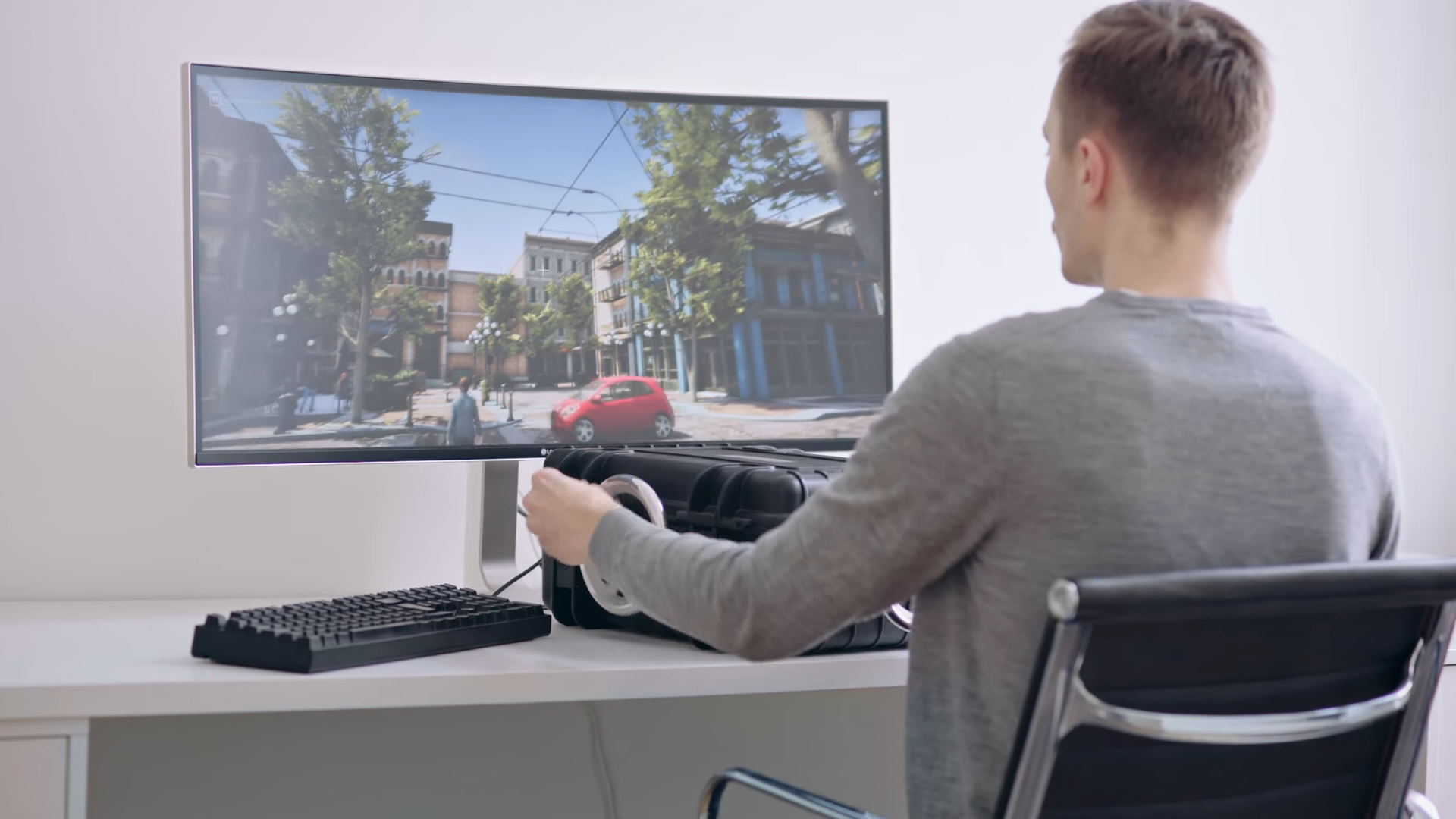How you repair your electronics, where you are allowed to get them serviced or repaired, whether you can afford to wait for the repair or just give up and get a new device, and how far away the nearest licensed repair shop is — all of that is due to something that’s hardly mentioned: Choice.
In the short term, it’s irresponsible not to have that choice — to throw old devices into landfills, allow them to leak toxic heavy materials and poison the earth, and to allow rural schoolkids to fall behind by not having the electronic devices they need to thrive. While it may seem a cheap fix to buy a new device, it’s not cheap for many whose devices break or break down through no fault of their own.
In the long term, not having choice is more expensive to taxpayers, rural schoolkids, and to small business owners who could repair electronic devices more efficiently and economically, yet simply can’t under current legislation.
Ultimately, it’s also expensive to repair electronic devices when consumers rely on overseas manufacturers, specially designated repair stores or partners, and disruptions in the global supply chain. It’s also expensive regarding our environment! Washington households produce 258,000 tons of electronic waste per year!
Let’s take a closer look at what’s going on.
Schools have come to depend on laptops, smartphones and other personal electronic devices as vital educational tools. Teachers need computers in their classrooms for presentations and planning, and students use laptops or home computers to submit assignments, check grades or attend class.
Yet devices break or wear out over time, and finding the necessary parts and information to get them fixed is challenging and expensive. Manufacturers restrict access to these resources, blocking device owners and independent repair shops from being able to do many repairs. When the only option is to go through a manufacturer or their authorized repair service, schools must pay more for repairs or replacements. Increased costs lead to repair delays and fewer devices available for students and teachers, which negatively impacts schools in low-income communities the most.
Repair restrictions are also hurting our environment. Too often, it is cheaper and easier to just throw out a potentially fixable device and buy a replacement. But manufacturing new devices requires large quantities of fresh water, minerals, and other valuable natural resources, and our old devices become toxic e-waste.
To stop this cycle of increasingly expensive repairs and e-waste, we need to level the playing field for consumers and independent repair shops and put “Right to Repair” (as this policy is known nationally) into law right here in Washington. Right to Repair would expand repair options for schools, making repair cheaper, faster and more accessible, especially in rural areas where the local independent repair shop may be the only choice. Even for those who prefer having their products repaired by the manufacturer, Right to Repair would improve overall service by increasing competition among repair providers.
Right here in Washington, House Bill 1392, otherwise known as the Fair Repair Act, passed off the House floor and is now with the Senate for further consideration. Manufacturers’ lobbyists are working hard to defeat or weaken the bill in the other chamber. This bill benefits everybody — so we need you to reach out to your legislators (click here to find yours) and let them know that you want the right to repair your own devices. Please act quickly — this year’s Legislative session ends on April 23. There is no time to wait.

